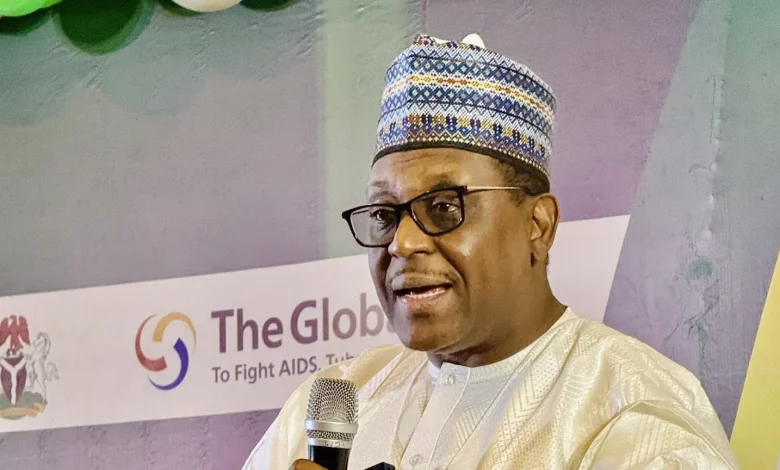2024 World Sight Day: FG reaffirms commitment to address vision issues in children

On Friday, October 11, Coordinating Minister of Health and Social Welfare Muhammad Pate emphasized the importance of protecting children from vision impairment as a key part of Nigeria’s goal to ensure quality health for all children.
Speaking at a stakeholders meeting in Abuja to mark the 2024 World Sight Day, themed “Love Your Eyes Kids,” Pate highlighted the need to expand access to comprehensive eye care and integrate eye health into existing healthcare systems.
World Sight Day, celebrated on the second Thursday of October each year, aims to raise awareness about blindness and vision impairment. It was first launched in 2000 as part of the Lions Club International Foundation’s “Sight First Campaign.”
This year, the focus is on increasing public attention to eye care for young people and inspiring children everywhere to cherish their vision.
Represented by Charles Nzelu, the Ministry’s Director of Special Projects, Pate stated that the Nigerian government is dedicated to tackling vision impairment and blindness in children. He noted that millions of children worldwide suffer from untreated vision conditions that hinder their education and future potential.
“The theme of this year’s campaign underscores the need for collaboration and partnership to ensure that every child deserves to see the world with clarity and precision,” Pate said.
Nzelu added that vision is vital for a child’s overall health and intellectual development. “Our collective action is necessary to improve awareness, expand access to eye care, integrate eye health into healthcare systems, and foster innovative solutions,” he said.
According to data from the World Health Organization (WHO), approximately 19 million children under the age of 15 are visually impaired, with about 1.4 million suffering from irreversible blindness. Many of these conditions are preventable, with the leading cause of blindness in this age group being cataracts. Other significant causes include vitamin A deficiency and uncorrected refractive errors.
Pate also mentioned that the government is integrating Primary Eye Care (PEC) into Primary Health Care (PHC) to improve access to vision care across the country. He introduced the Effective Spectacular Coverage Initiative Nigeria (ESCIN) Jigibola 2.0, which aims to work with various ministries and sectors to achieve sustainable goals in eye health.
He encouraged parents, caregivers, and teachers to engage with this initiative, which is expected to benefit millions of children facing sight challenges.





